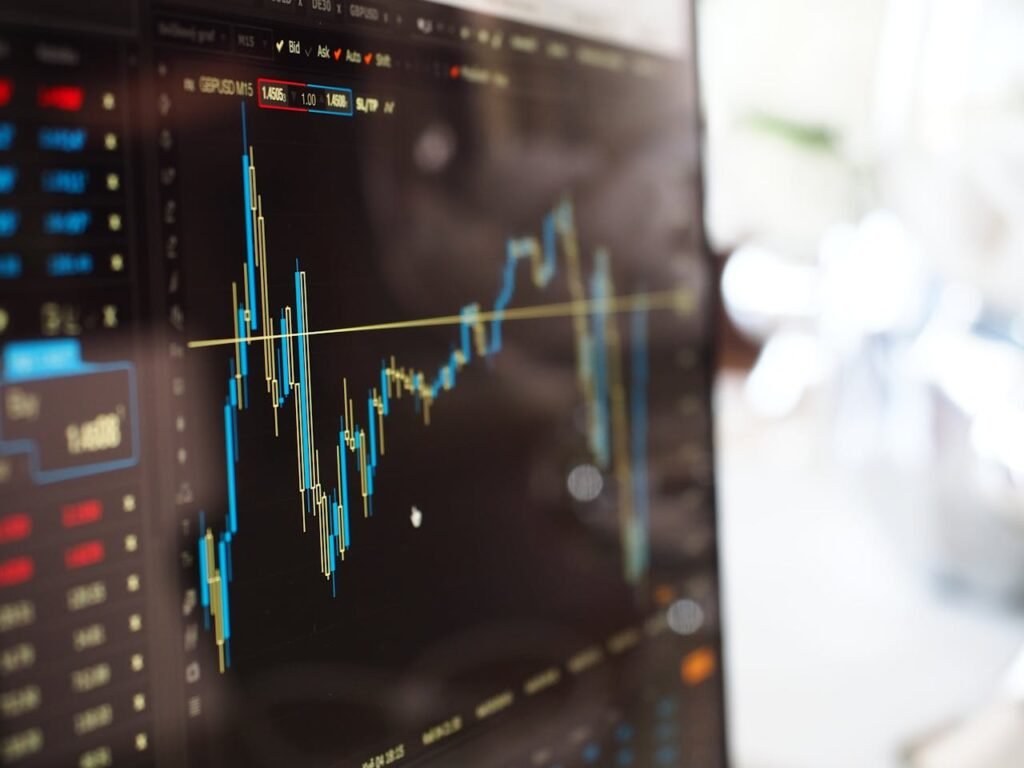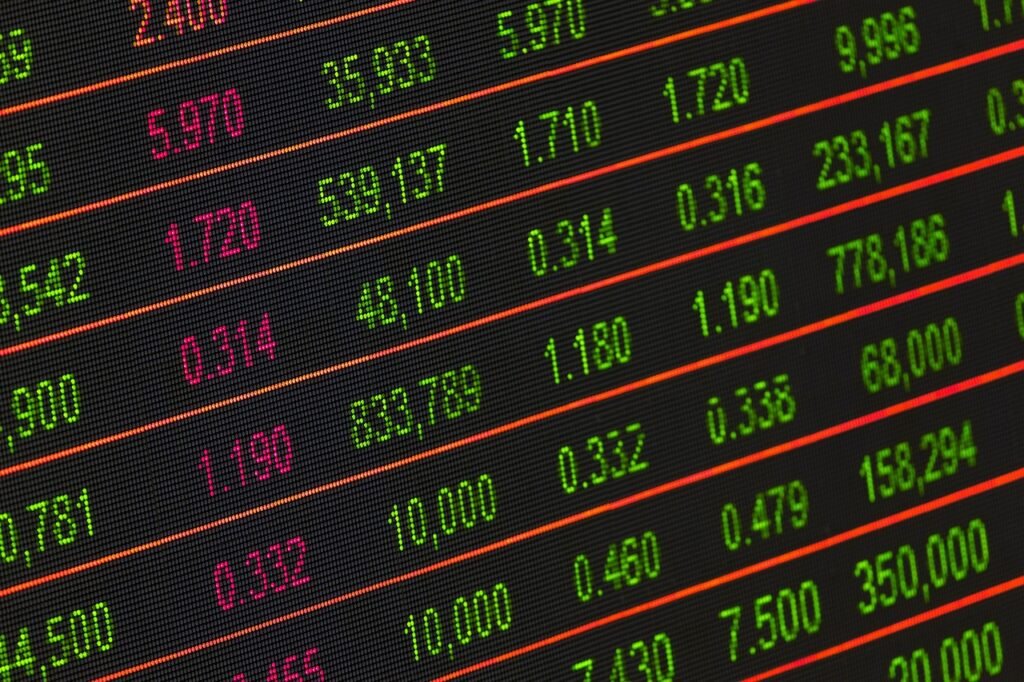Global Markets React to Wall Street’s Winning Streak End

- Asian stock markets showed mixed performance following Wall Street’s eight-day winning streak end.
- Attention is now on Federal Reserve Chair Jerome Powell’s upcoming speech for signs of potential interest rate cuts.
- Wall Street’s S&P 500 slipped 0.2%, with Nvidia and Boeing weighing on the market.
- Global stock market is in flux, with anticipation of Federal Reserve’s actions highlighting the interconnectedness of the global economy.
Asian stock markets experienced a mixed performance on Wednesday, following a slip on Wall Street that ended its longest run of the year for consecutive daily rises. The eight-day winning streak, the longest of the year, was snapped, leading to a mostly declining trend in Asian shares. Japan’s benchmark Nikkei 225 experienced a slight loss, falling nearly 0.1% in afternoon trading to 38,026.02. In contrast, Australia’s S&P/ASX 200 reversed its course, rising 0.2% to 8,010.50. South Korea’s Kospi remained relatively unchanged, inching up less than 0.1% to 2,698.69.
Asian Markets and Economic Indicators
Hong Kong’s Hang Seng slipped 1.0% to 17,335.72, while the Shanghai Composite shed 0.3% to 2,859.08. In Tokyo, Japan’s Finance Ministry reported a trade deficit of 621 billion yen ($4.3 billion) in July. This was attributed to surging global prices pushing imports higher, growing nearly 17% from the previous year. The robust imports underscored better consumer spending amid rising wages. Japan’s exports also grew, rising 10%, to destinations like the U.S. and China.
The market’s attention is now focused on Federal Reserve Chair Jerome Powell’s upcoming speech at an economic symposium in Jackson Hole, Wyoming. While expectations aren’t high for any dramatic announcements, markets are looking for signs of how big the anticipated interest rate cut might be next month. Tim Waterer, chief market analyst at KCM Trade, suggested that Powell’s speech might provide insight into the Federal Reserve’s confidence in taming inflation. This could help markets project the size and scope of potential rate cuts.
Wall Street’s Performance and Market Influencers
On Wall Street, the S&P 500 slipped 0.2% on Tuesday. Despite this, the S&P 500 is still just 1.2% below its all-time high set last month. It has made a significant recovery from an earlier drop, at one point to nearly 10% below its record. The Dow Jones Industrial Average fell 61 points, or 0.2%, and the Nasdaq composite slipped 0.3%.
Nvidia, the chip company, was the heaviest weight on the market after falling 2.1%. The company is one of Wall Street’s most influential stocks due to the frenzy around artificial-intelligence technology, making it one of the U.S. stock market’s most valuable companies at roughly $3 trillion. Boeing also weighed on the market after sinking 4.2%. Federal safety officials are requiring inspections of cockpit seats on Boeing 787 Dreamliners. Boeing has also stopped test flights of a new version of its 777 jetliner after discovering a damaged structural part. The new model has not yet been approved by regulators.
Global Economic Landscape and Historical Context
Despite these setbacks, companies in the S&P 500 are on track to report their best growth in earnings per share since the end of 2021, according to FactSet. In the U.S., high interest rates have been weighing on the economy after the Federal Reserve hiked them sharply in order to get inflation under control. The yield on the 10-year Treasury fell to 3.81% from 3.87% late Monday.

Rate raises by Japan’s central bank helped set off losses for markets around the world because it forced hedge funds to abandon a popular trade, where they borrowed Japanese yen cheaply and invested it elsewhere. This included the worst day for Japan’s stock market since the Black Monday crash of 1987. The Bank of Japan since allayed market jitters by signaling future moves will be gradual.
This event is reminiscent of the 2008 financial crisis when the Federal Reserve had to cut interest rates drastically to stimulate the economy. However, the current situation is different as the economy is not in a recession, but rather dealing with inflationary pressures. The anticipation of the Federal Reserve’s actions and its impact on global markets underscores the interconnectedness of the global economy and the influential role of the U.S. Federal Reserve.
In conclusion, the global stock market is in a state of flux, with various factors such as inflation, interest rates, and economic recovery from the pandemic playing significant roles. The market’s reaction to these factors and the strategies adopted by major players like the Federal Reserve will continue to shape the global economic landscape. The anticipation of the Federal Reserve’s actions and its impact on global markets underscores the interconnectedness of the global economy and the influential role of the U.S. Federal Reserve.












Post Comment